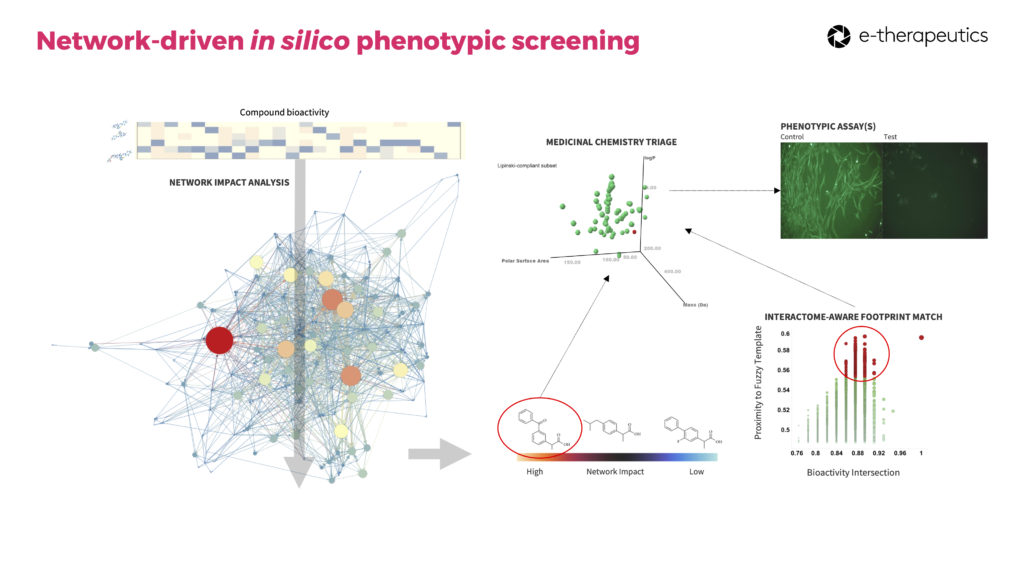Pic: CDC on Unsplash
Covid-19: Biotech firm offers AI based drug discovery platform in efforts to tackle virus
Oxford biotech company e-therapeutics plc is offering to use its powerful network-biology-and AI-based drug discovery platform to work with others in efforts to tackle the Covid-19 pandemic.
The AIM-listed company’s technology, which makes models of the biological processes inside cells, has a library of 15 million compounds which can be used to carry out rapid in silico phenotypic screening.
The technology has already been successfully deployed to find active compounds capable of protecting human cells in flu.
Chief scientific officer Alan Whitmore believes the same strategies used for that project could be harnessed to identify combinations of compounds with useful activity against Sars-CoV-2, the virus which causes Covid-19.
He says: “We know how to make good models of biological processes. We can screen not only our 15 million compounds but take, for example, 4,000 approved and relatively safe investigational drugs and test combinations of those.
“Although it’s possible to test 3,000 or 4,000 compounds relatively easily in a lab, if you test them in pairs, you’re up to somewhere between 9 and 16 million combinations, which is not really feasible for the kinds of screens you’d need.
“We can screen that number without issue in our computer system and be able to say: ‘From those millions of possibilities, these are the 1,000 combinations we think you should test’. Then, you have something that’s viable to go through relatively low-capacity cell-based testing systems in the lab.”
He adds: “We know how to do the front bit, and even the testing with enough time and resources, but if this is going to make any impact in a useful timeframe, we need somebody else to do the testing bit relatively quickly and efficiently.
“That’s why we’re gauging interest among industrial, governmental or academic organisations with complementary resources and expertise and asking them to contact us and explore ways we can progress.”

Network-driven in silico phenotypic screening. Pic: e-therapeutics
Dr Whitmore is a clinician scientist with 30 years’ experience in cell biology research and clinical medicine whose roles include MRC Fellow, UCL Laboratory for Molecular Cell Biology, visiting Fellow at The Jackson Laboratory in the US, lecturer and medical advisor at UCL Institute of Ophthalmology and honorary senior lecturer at UCL School of Pharmacy.
A PhD in neuroscience from the University of London was followed by postdoctoral work in Cambridge and medical studies at Oxford.
“The real short-term impact will come from finding combinations and then you’re into things you just can’t practically do in the lab,” he points out.
“One of the things we recognise as a value-add of our technology platform is that we can screen lots of combinations quickly and put information out into the public domain, so it can be used.”
He adds: “I’m a doctor and I care about patients. What matters is trying to find something that works against this virus, quickly. That’s our motivation for doing this.”
A copy of e-therapeutics flu project summary and its relevance to Covid-19 can be read here
